News

NSF Announces $140 Million Investment In Seven Artificial Intelligence Research Institutes
The initiative represents a major effort by the federal government to develop an AI workforce and to advance fundamental understanding of the technology’s uses and risks, reports Forbes.

NIST Partners with NSF on New Institute for Trustworthy AI in Law & Society
Funded by a partnership between NSF and NIST, TRAILS is the first institute of its kind to integrate participatory design, technology, and governance of AI systems and technologies.

Cornell University Partners in New $20M NSF Institute for Trustworthy AI
CU’s Valerie Reyna will use her expertise in human judgment and cognition to advance efforts focused on how people interpret their use of AI.

Morgan State Researchers to Collaborate in New NSF-Funded Institute for the Study of Trustworthy and Ethical Artificial Intelligence
As Maryland’s Preeminent Public Urban Research University, MSU will be relied on heavily by TRAILS for its leadership in conducting rigorous, participatory community-based research with broad societal impacts.
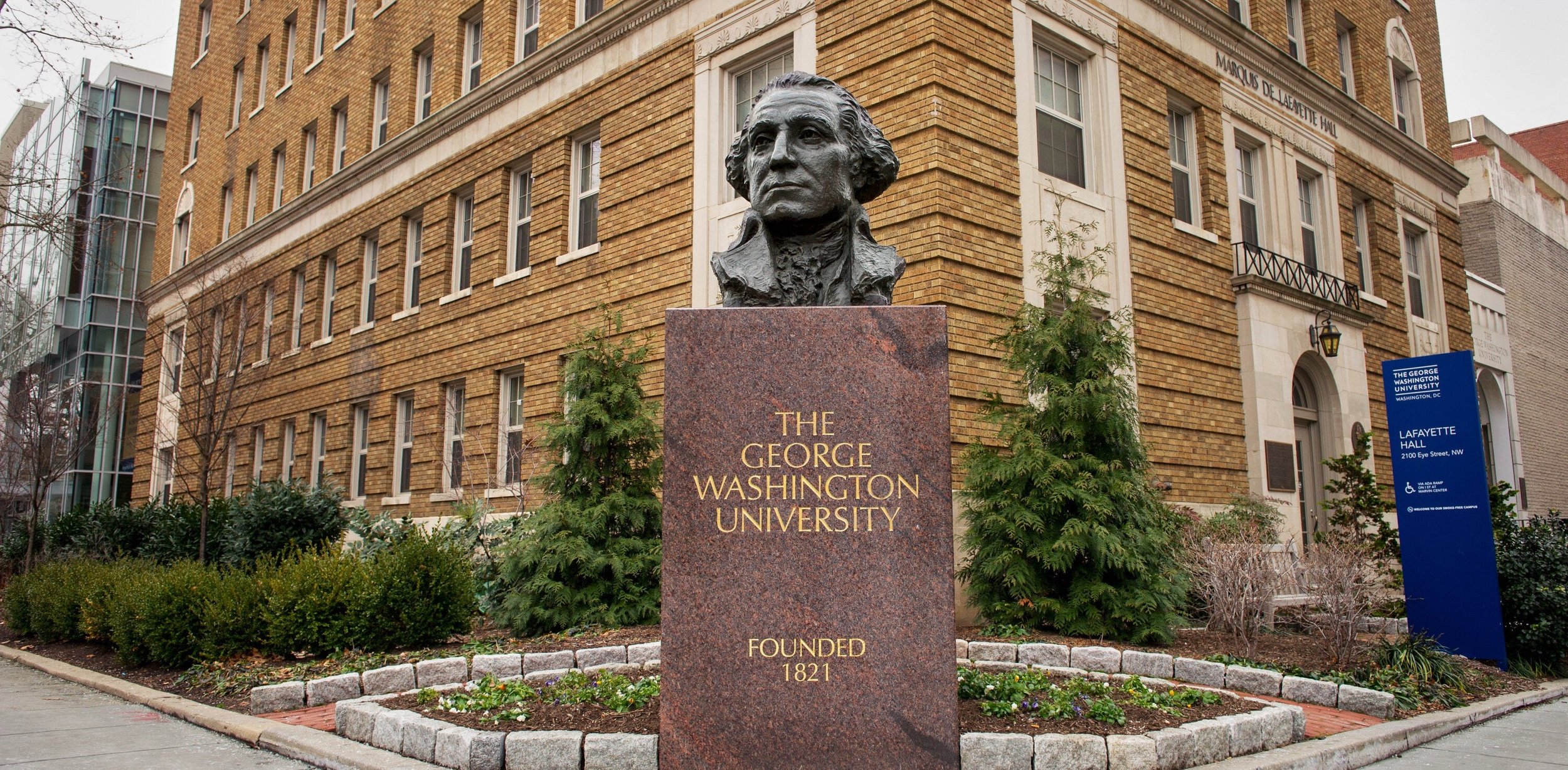
GW to Co-Lead New $20 million NSF Artificial Intelligence Institute
GW’s David Broniatowski is leading research on evaluating how people make sense of the AI systems, and their degree of reliability, fairness, transparency and accountability; while Susan Ariel Aaronson will use her expertise in data-driven change and international data governance to lead the institute’s research on participatory governance and trust.
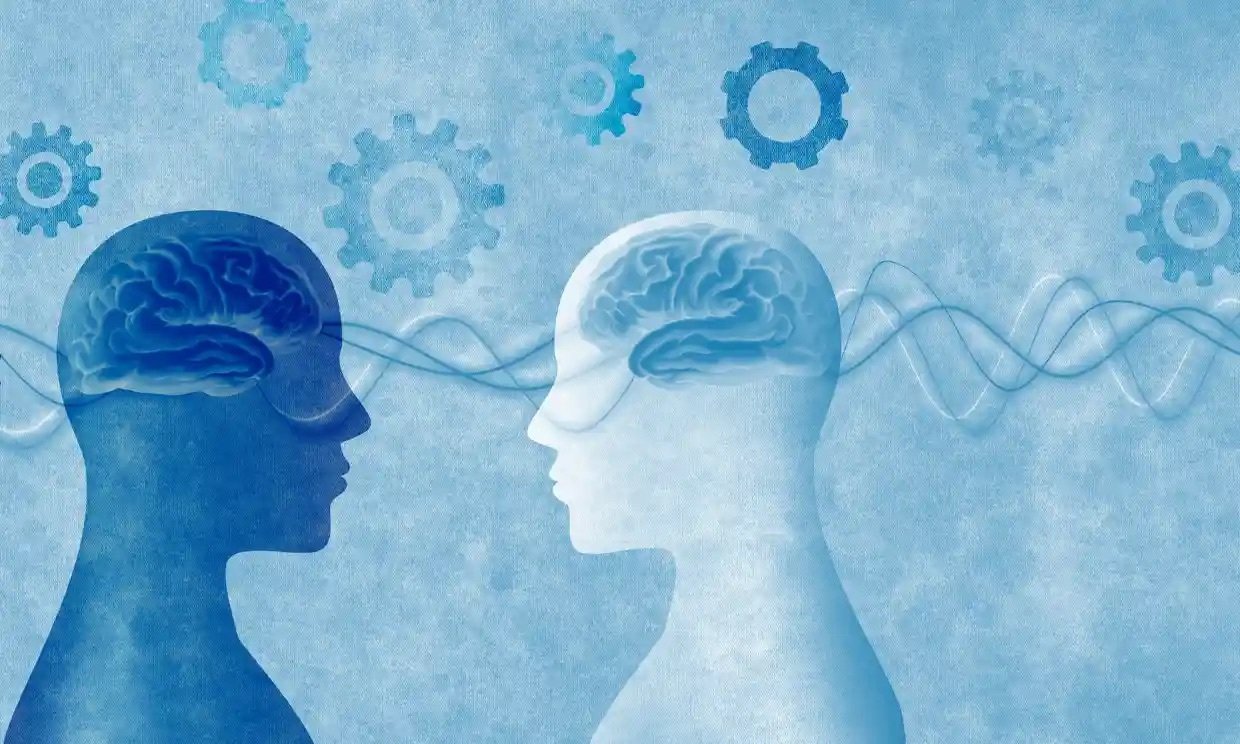
UMD to Lead New $20M NSF Institute for Trustworthy AI in Law and Society
UMD President Darryll Pines predicts that TRAILS will lead in defining the science and innovation needed to harness the power of AI for the benefit of the public good and humankind.
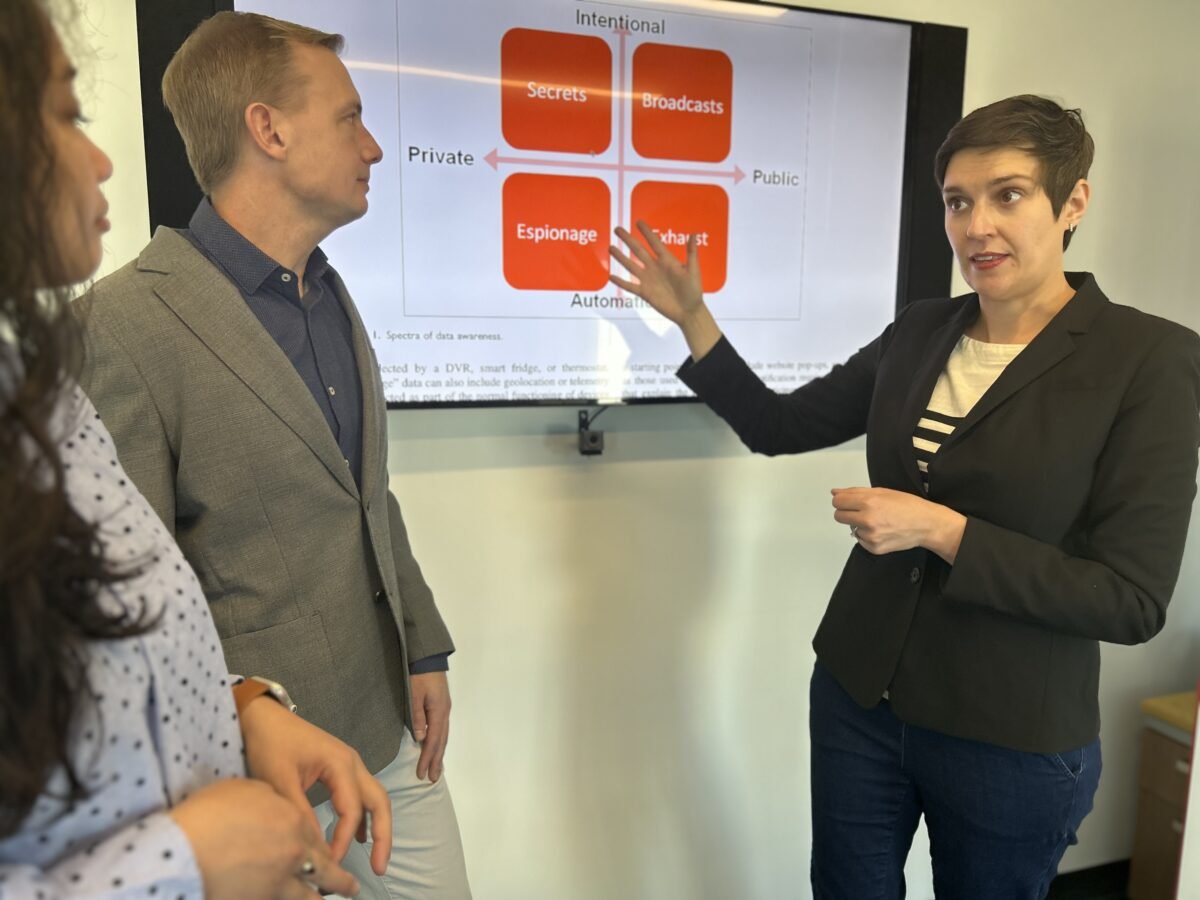
With NSF Support, A Group of Tech and Policy Experts Team Up to Build More Trustworthy AI
UMD’s Hal Daumé III, principal investigator and the director of TRAILS, told Technical.ly that most AI development traditionally revolved around autonomous systems that operate almost entirely on their own. This makes them disconnected from the real world, which is an issue with how much AI has infiltrated everyday life.

AI Imitating Artist ‘Style’ Drives Call to Rethink Copyright Law
GW’s Robert Brauneis says AI generators’ ability to copy distinct ‘styles’—from music to art—could threaten artists’ livelihood under current U.S. copyright law.

From Voice Assistants to Algorithms, the UMD Community Uses AI in Unique Ways
UMD’s Hal Daumé III discusses how artificial intelligence takes many forms in our lives and how people at UMD are utilizing it for a variety of applications.

Study Sheds Light on How Deplatforming After the Jan. 6 Riot Impacted the Larger Online Ecosystem
UMD’s Cody Buntain is part of a research team that examined the effects of deplatforming on online discourse and alternative social media platforms on the aftermath of the January 6 Capitol riot.

Artificial Intelligence Is Here to Stay, so We Should Think More About It
At a symposium on the interlocking futures of AI and the humanities, GW’s Ryan Watkins predicts that we will learn to live with the duality presented by AI, enjoying its convenience while remaining aware of its fundamental untrustworthiness.

Let’s Chat About AI on Campus
UMD’s Hal Daumé III weighs in on the rise of eerily convincing language models that spur hopes and fears about the impact on education.
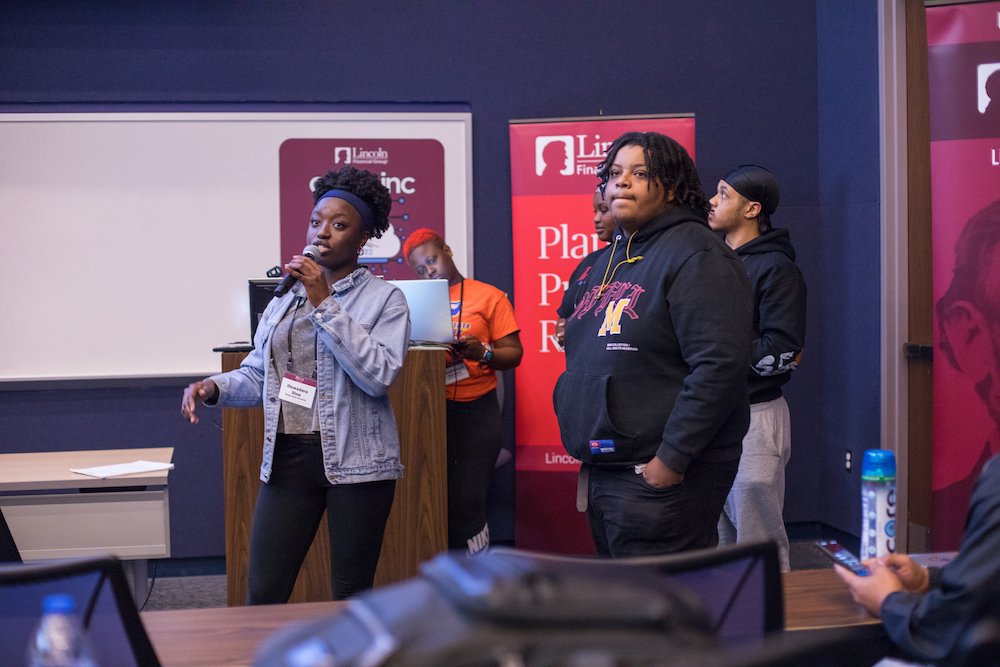
Morgan State’s Hackathon Seeks to Connect Students With Tech and Financial Services Jobs
Morgan State’s Naja Mack is a co-organizer of codeLinc, a 24-hour hackathon aimed at cultivating a more diverse workforce within the financial services and tech sectors.
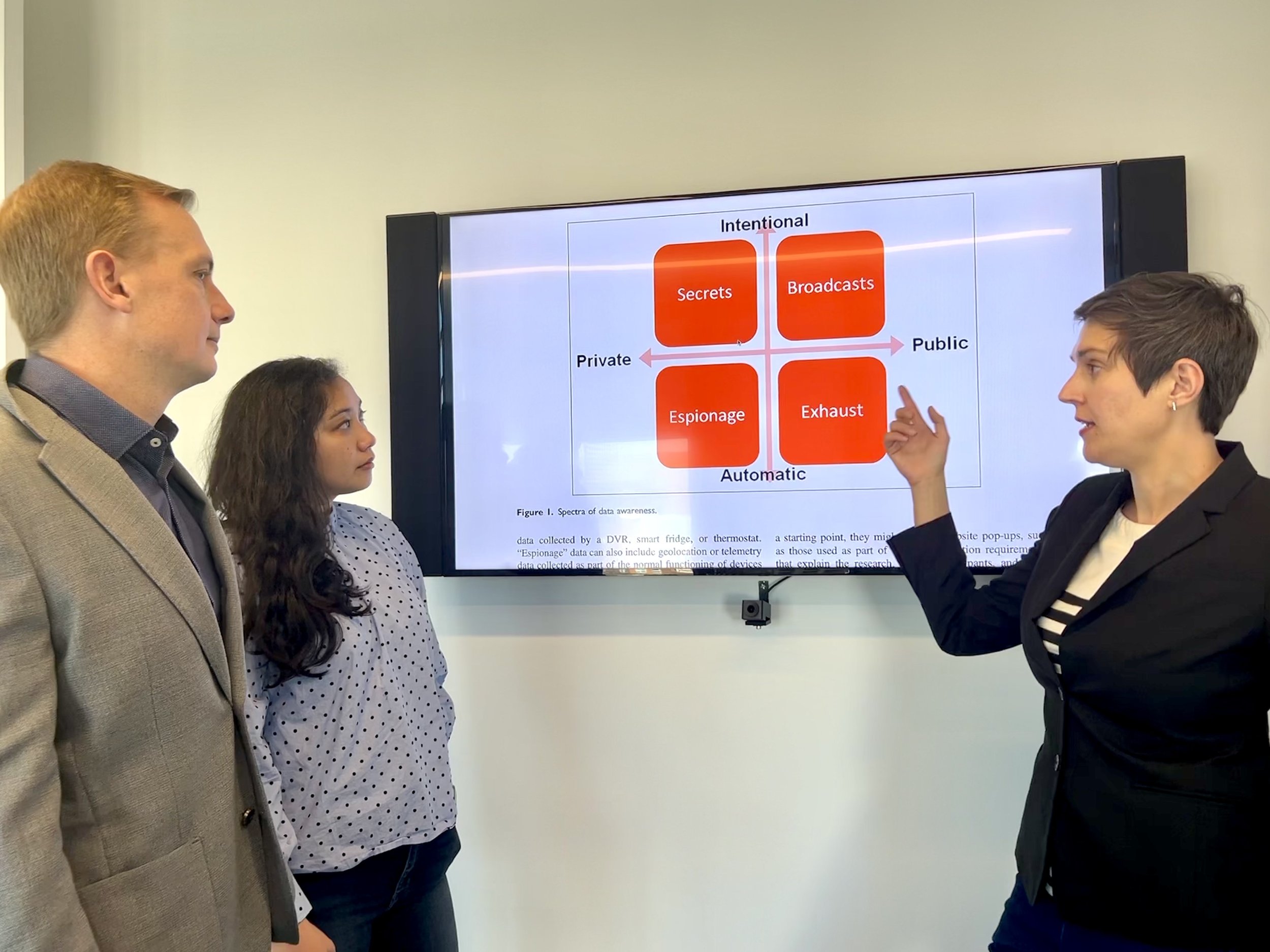
Grand Challenges Grant Launches Values-Centered AI Initiative
Hal Daumé, Katie Shilton, Hernisa Kacorri, Jordan Boyd-Graber, Furong Huang and Huaishu Peng are members of UMD’s new Center for Values-Centered Artificial Intelligence, which is focused on developing conceptual and technical frameworks to advance AI in a way that is not only ethical, but also places the well-being of people at the forefront.

Breaking the Loop: Creating a Trustworthy Social Media Platform
Supported by the National Science Foundation, UMD’s Giovanni Luca Ciampaglia is designing a social media platform that will deliver users a trustworthy news feed.

‘Climate homicide’: Could Big Oil be Sued for Disaster Deaths?
GW’s Donald Braman co-authored a paper that examines whether petroleum producers can be held criminally responsible for climate-related deaths.
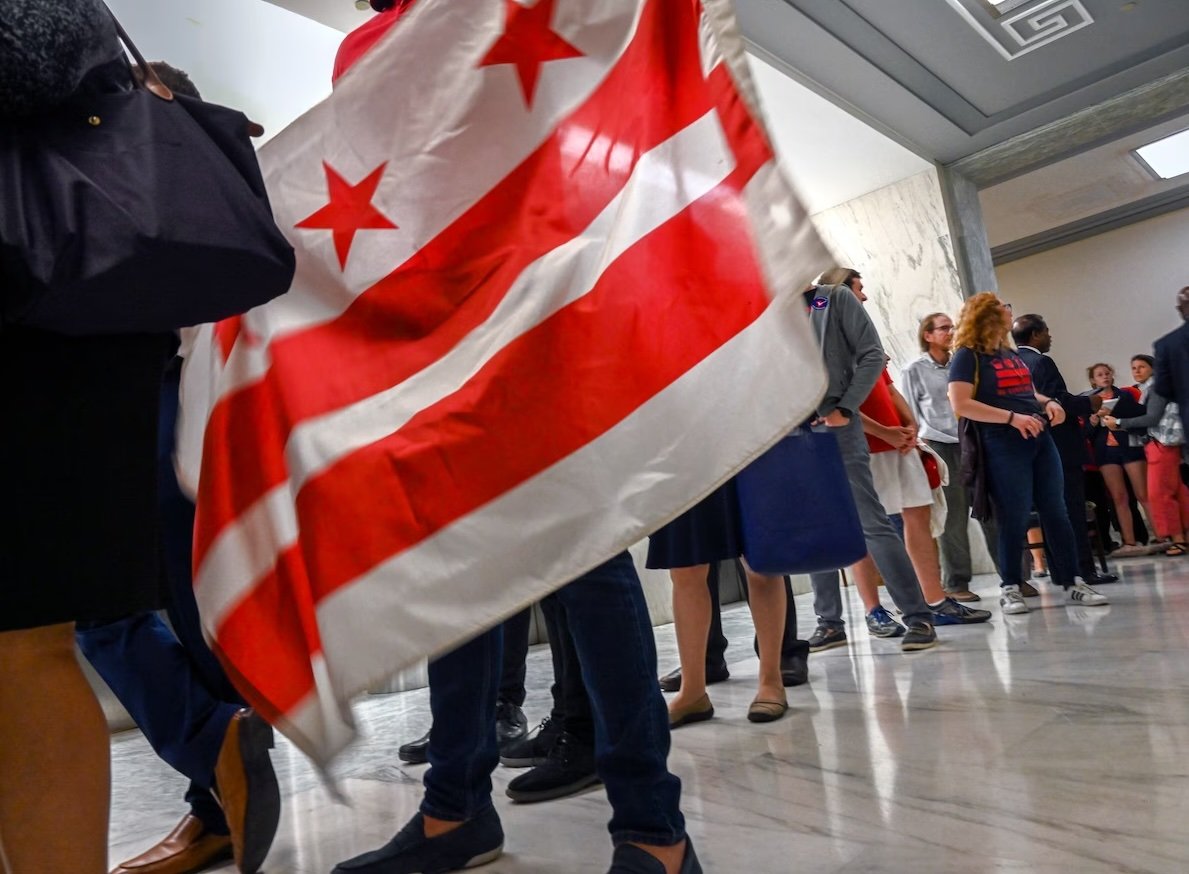
What to Know About the (Apparently Doomed) D.C. Criminal Code
GW’s Donald Braman shared his thoughts on resentencing ahead of the U.S. Senate’s vote on whether it will formally strike down a controversial overhaul of D.C’s criminal code.
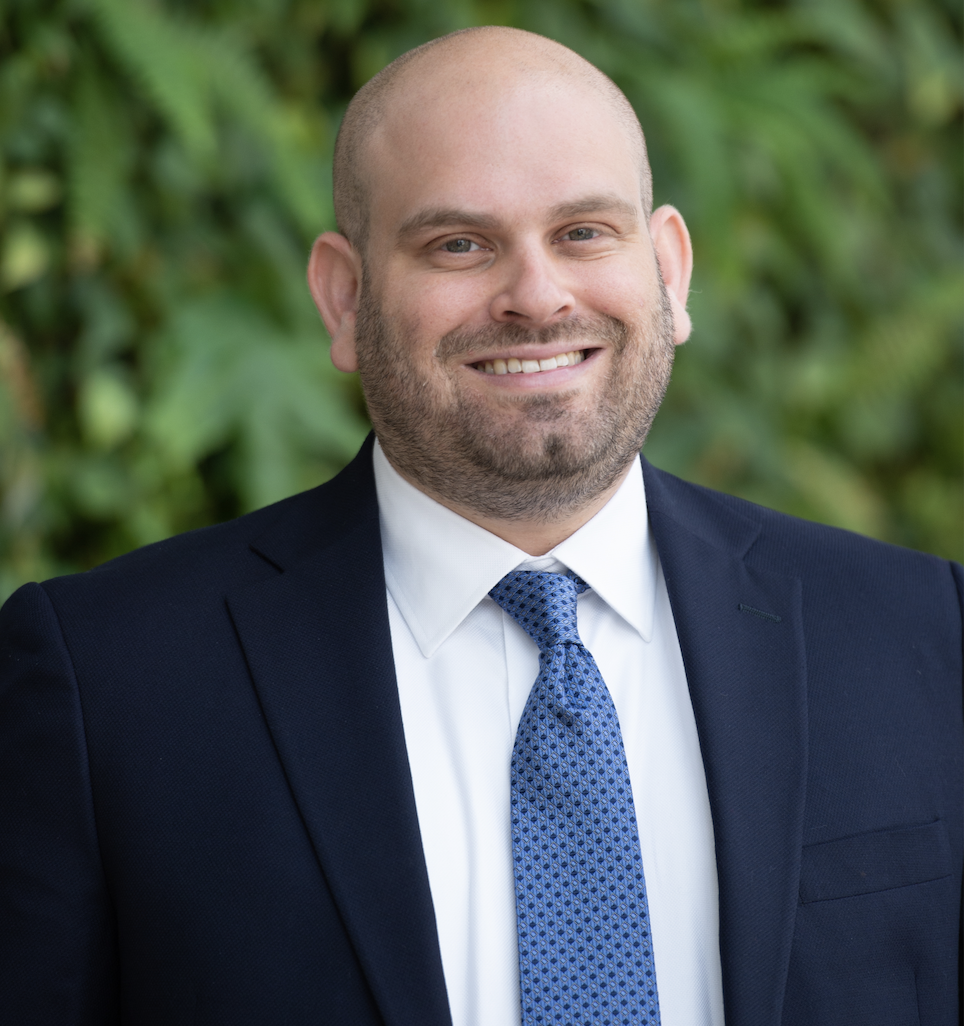
iPhone Passcodes Become an Opening to Steal One's Digital Life
GW’s Adam Aviv was featured in The Wall Street Journal for his research on iphone security.

For Maryland Professors, ChatGPT Presents an Opportunity to Rethink Instruction
The groundbreaking artificial intelligence can produce essays in seconds, but Morgan State’s Virginia Byrne and UMD’s Hal Daumé III are optimistic.

ChatGPT Resolution Seeks Better Understanding of AI
GW’s David Broniatowski, who has been studying artificial intelligence for over a decade, warns that what we don’t know about AI can be dangerous.
